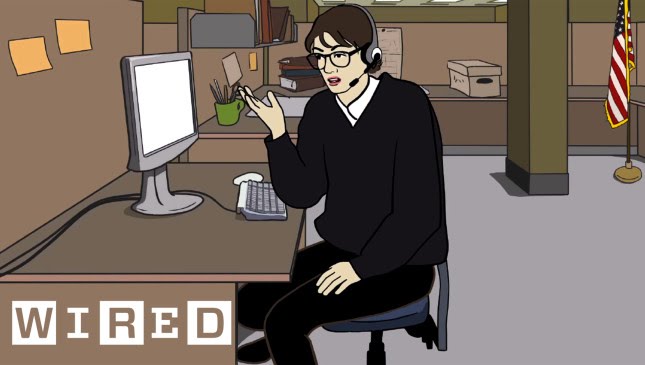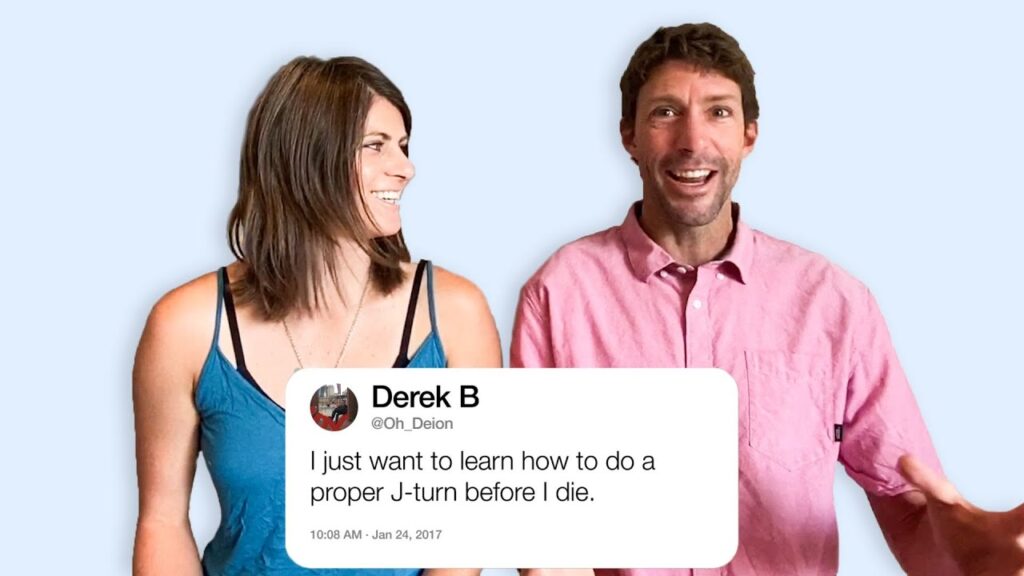Beekeeping: Answering Common Questions About Bees
Summary
In this article, we will explore some interesting facts about bees and beekeeping. We will discuss bee behavior, debunk some myths, and provide tips for beekeepers.
Table of Contents
- Bees Can Recognize Human Faces
- Extra Queens Ensure Colony Survival
- The Bee Movie Is Inaccurate
- Beelympics and the Life of Drones
- When Bees Decide to Leave
- Handling Bees with Care
- Flower Loyalty and Wall Cavities
- The Importance of Bee Smoke
- A Democratic Colony
Bees Can Recognize Human Faces
Did you know that bees can be trained to recognize human faces? According to Erica Thompson from Texas Bee Work, bees have excellent eyesight and can remember a face for up to two days. This is because bees are social creatures that rely on recognition to communicate with each other.
Extra Queens Ensure Colony Survival
Beekeepers should always have extra queens on hand to ensure the survival of the colony. This is because the queen bee is the only one that lays eggs, and without her, the colony will eventually die. By having extra queens, beekeepers can replace a queen that is not performing well or introduce a new queen to start a new colony.
The Bee Movie Is Inaccurate
The Bee Movie may be a fun movie to watch, but it is not an accurate representation of bee behavior. In the movie, male bees are portrayed as foragers, defenders, and workers, but in reality, they only mate with the queen. The movie also portrays a dystopian view of the relationship between bees and humans, which is not an accurate reflection of the mutually beneficial relationship that exists.
Beelympics and the Life of Drones
Did you know that male bees, also known as drones, compete in the Beelympics? The strongest and fastest drones get to mate with the queen, but their endophallus rips out, and they die shortly after. This is because the endophallus is left behind in the queen, and the drone cannot survive without it.
When Bees Decide to Leave
As wild creatures, bees can decide to abandon their hive. As a beekeeper, the priority is to provide resources for the bees to do their job. If they decide to leave, it’s their choice, and the recommendation is to start over next spring. However, if bees need to be removed or relocated, it’s essential to do so humanely.
Handling Bees with Care
Scooping up the bees is one of the easiest and most humane ways to handle them. Beekeepers should always listen to the bees and correct themselves if necessary. It’s also important to use bee smoke to calm the bees before entering the hive.
Flower Loyalty and Wall Cavities
Bees are flower loyal, meaning they will forage from the same plant or flower on a single trip. If bees are seen entering a wall cavity, it means they have chosen that spot to live. In this case, it’s best to leave them alone unless they need to be removed or relocated.
The Importance of Bee Smoke
Beekeepers use bee smoke to calm the bees before entering the hive. The smoke triggers a response in the bees that makes them think there is a fire, causing them to gorge on honey and become less aggressive. This allows beekeepers to inspect the hive without disturbing the bees too much.
A Democratic Colony
Did you know that a bee colony operates as a democracy? Worker bees make decisions for the collective good of the colony, such as where to forage and when to swarm. This ensures that the colony functions efficiently and effectively.
Conclusion
Beekeeping is an exciting and rewarding hobby that requires patience, care, and attention to detail. By understanding bee behavior and following best practices, beekeepers can help their colonies thrive and contribute to the health of the environment.






